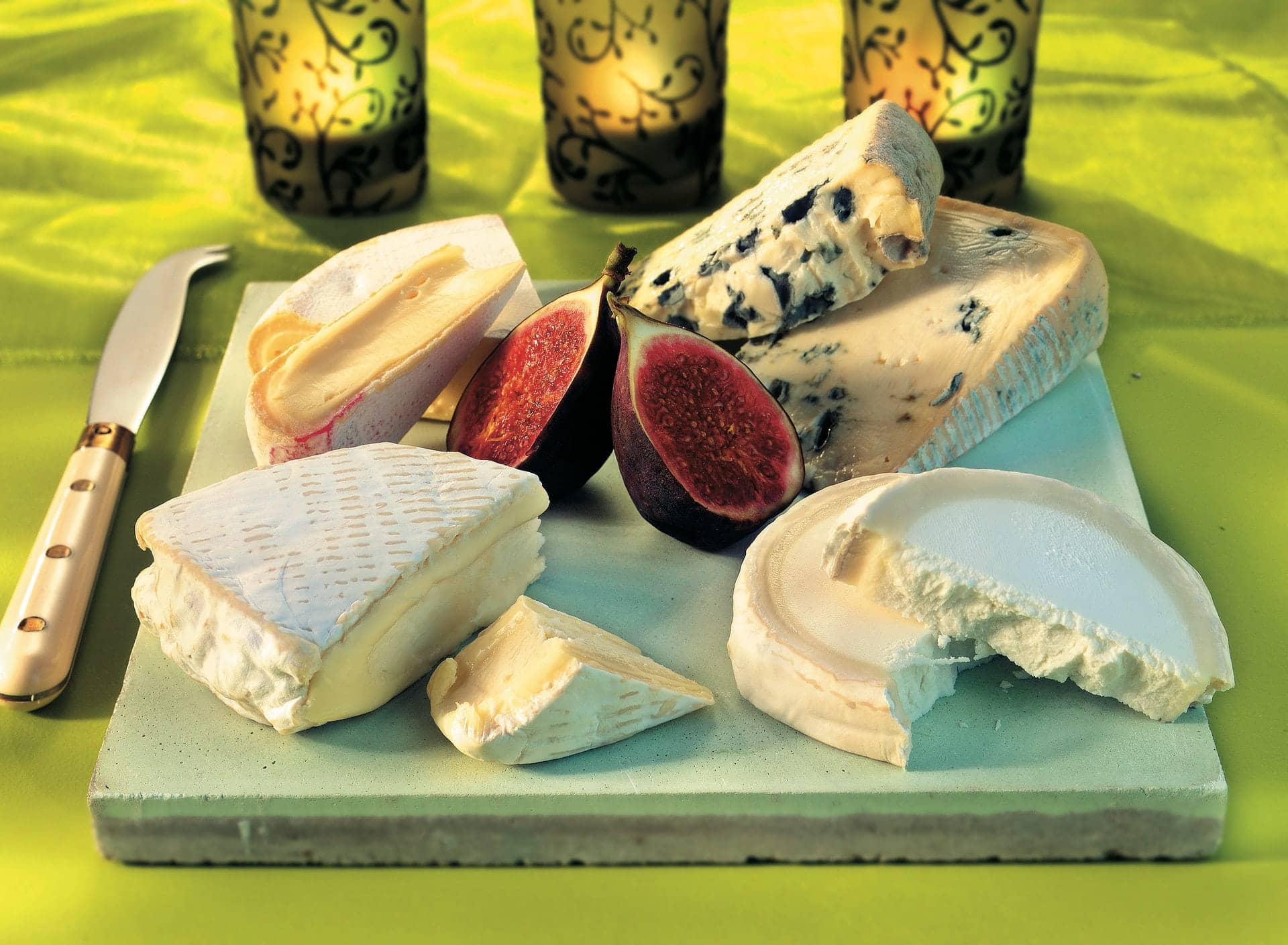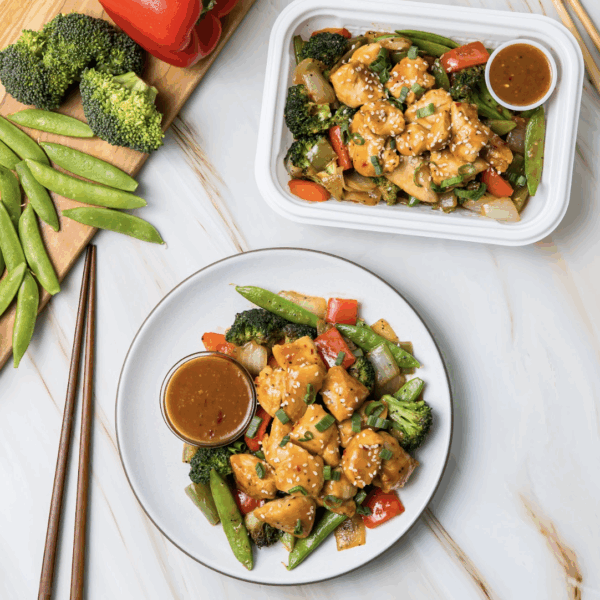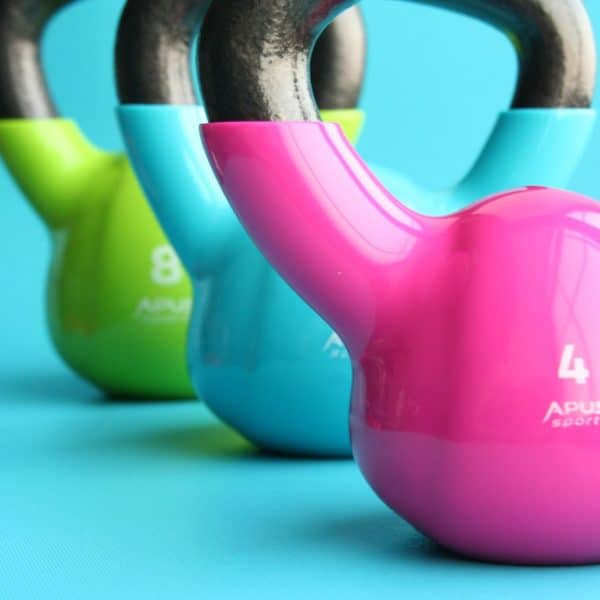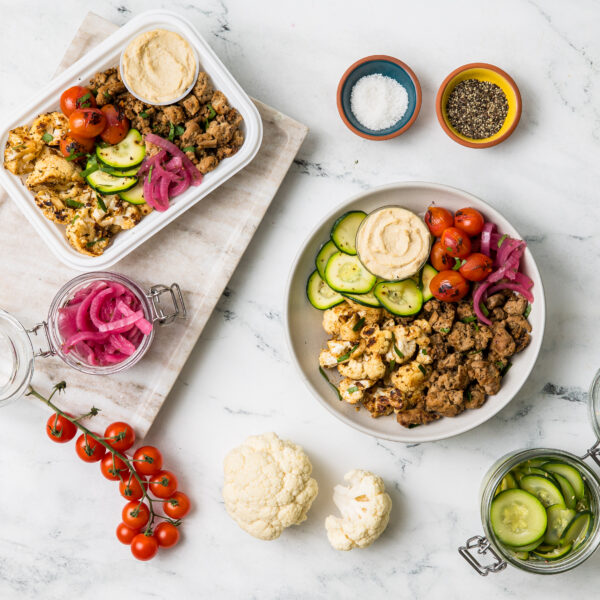If you’re a fan of cheese, you’ve probably heard the mixed reviews on its health benefits. However, as most things go – as long as you eat it in moderation, this whole food is pretty great for you. Stick with us as we go through the health benefits of cheese, incorporating it into snacktime, and some of the healthiest cheeses you can eat.
Health benefits of cheese
Did you know that cheese, particularly high-fat cheeses such as blue cheese, Brie, and cheddar, contains small amounts of conjugated linoleic acid (CLA). CLA has been proven in numerous studies to help prevent obesity, heart disease, and reduce inflammation. In addition, if the cheese originates from 100-percent grass-fed animals, it will contain even more CLA.
Fermented cheese presents even more health benefits as fermentation allows for the presence of good bacteria and enzymes. Unfortunately, when cheese is pasteurized, those beneficial compounds are significantly reduced, diminishing the potential health benefits.
The obvious benefit that may come to most people’s minds is the bone and muscle health that can be positively impacted by the calcium found in cheese. Whey protein, the same type of protein used in many protein powders and drinks, is plentiful in cheese.
Why it can be a good snack
Cheese can be a great snack to get you to your next meal. It’s got plenty of healthy fats and protein to keep you full and re-energize you throughout the day. Full-fat cheddar and brie are some of our favorite varieties, and they even made the list for our Top 5 Workday Snacks.
How does cheese work with Whole30, Keto, or Paleo?
If you’re on a special diet such as Whole30, Keto, or Paleo, it can be tricky to know how cheese fits into your dietary regime.
Unfortunately, cheese is not permitted in the first 30 days of the Whole30 diet. Still, after the 30 days, as you slowly begin to introduce dairy amongst other food groups back into your diet, we recommend seeking out those good full-fat cheeses.
As for Paleo, individuals who strictly follow a Paleo diet will not regularly consume dairy as it wasn’t present in the Palaeoithic Era. But because of the health benefits listed previously, some Paleo lifestyle followers make an exception and enjoy cheese occasionally.
Keto friends, rejoice! Cheese, along with other dairy products, are permitted within the ketogenic lifestyle. Specific cheeses that make the best choices for those living the keto lifestyle include blue cheese, Brie, camembert, cheddar, chevre, colby jack, cottage cheese, and cream cheese.
Healthiest cheeses
While most cheese is pretty healthy for you overall, some cheeses are just a little bit better for you than others. Here are 5 of the healthiest types of cheese:
- Mozzarella cheese: typically made from Italian buffalo or cow’s milk, mozzarella is soft, white, and contains high moisture content.
- Cottage cheese: having originated in the US, this soft, white cheese is made from the loose curds of cow’s milk.
- Parmesan cheese: this cheese is made from raw, unpasteurized cow’s milk that is aged for a minimum of 12 months to kill off harmful bacteria and produce a unique, complex flavor. You’ll notice it has a gritty texture accompanied by a salty, nutty flavor.
- Blue cheese: typically white with blue or gray spots, this cheese is made from cow, goat, or sheep’s milk – cured with cultures from the mold Penicillium.
- Feta: originally from Greece, this soft, salty white cheese is typically made from sheep or goat’s milk. You’ll notice the difference between sheep or goat milk feta because of the tangy and sharp taste vs. more mild taste, respectively.
Whether you’re just snacking or adding it to your favorite dish, cheese is a great healthy food to incorporate into your diet. Looking for some cheesy meals that you don’t have to prepare yourself? Try our mouth-watering Pasta Primavera, our zesty Cacio e Pepe with Rosemary Chicken, or our delicious Baked Ziti.
Let Snap Kitchen do the work for you. Check out our menu full of nutritious, chef-prepared, delicious meals.





Leave a Reply
No Comments